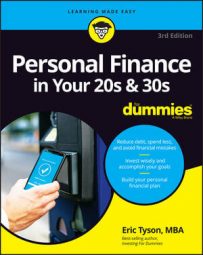- Small-town bank: These banks only have a handful of branches. Some of the tellers may even remember your name and face. Hours are generally limited, and you may face extra ATM fees for using ATMs that aren't at one of the bank's branches.
A sometimes attractive, "small-town" banking option is credit unions. To join, you generally need to work for a particular employer (such as General Electric) or industry/occupation (for example, teachers). Thanks to a federal government exemption on income taxes, credit unions tend to be able to pay higher interest rates on deposits and charge lower rates on loans. Don't assume, however, that a local credit union always has the best deals; be sure to comparison shop. To locate credit unions near you, visit the Credit Union National Association website for consumers and click on the "Find a Credit Union" link or call them at 800-356-9655.
- Big banks: Such banks tend to be regional, national, and sometimes even multinational. You may recognize their name from extensive advertising campaigns. They tend to have extensive ATM networks, which may reduce your ATM fees, but you pay for it in other ways, such as through less-competitive terms (interest rate paid, service fees levied) on checking and savings accounts.
Be sure to comparison shop among several banks and scrutinize their fees and interest rates on their checking accounts and any other type of account you may be interested in.

